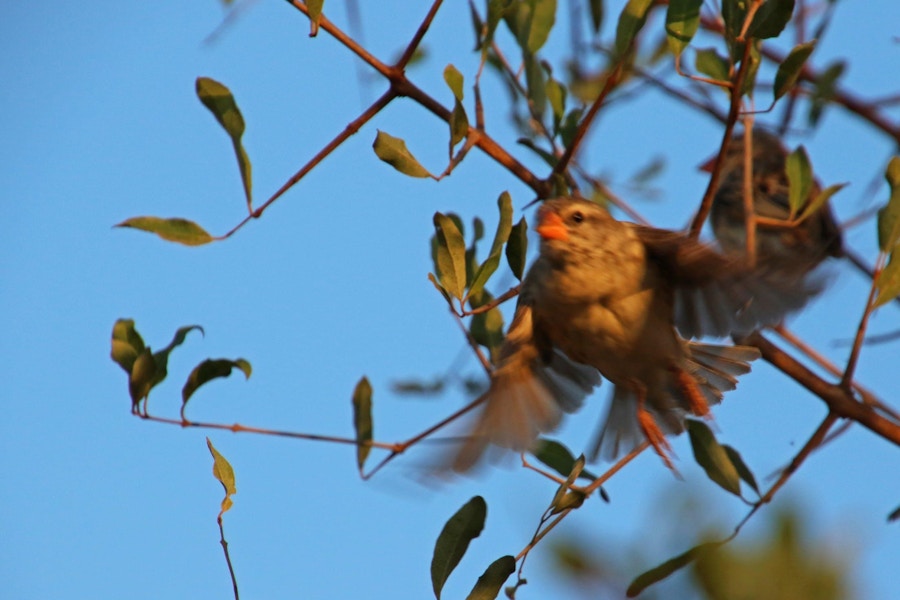Do you have a hard time maintaining your concentration in prayer? Do you get distracted easily? Have you ever felt when you begin to pray that, as Henri Nouwen puts it, your mind is like “a banana tree filled with monkeys?” Sometimes, I have struggled with this very thing. Thank goodness, this problem is nothing new. Happily, the church fathers offer great advice in dealing with distraction and other struggles in prayer we occasionally experience.
Ancient Christians’ thoughts on distraction are often linked to another puzzling aspect of prayer, Paul’s words in 1 Thessalonians 5:17 to “pray continually,” or as the King James Version expresses, “pray without ceasing.”
The fathers, in part because of their profound respect and reverence for Scripture, took Paul’s words very seriously. If Paul exhorted Christians to pray without ceasing, the fathers reasoned, there must be a way to do so. But how? How can one pray continually while engaged in the busy activities each day presents? How can one pray without ceasing when the human mind so often acts like a flighty, wild bird, always ready to fly away at the least provocation or distraction?
Abba Agathon, an Egyptian monk, was well-aware of the problem of distractions and links them the possibility of demonic resistance and interference to our desire to pray: “For every time someone wants to pray, his enemies, the demons, want to prevent them, for they know that it is only by turning him from prayer that they can hinder his journey.”
John Cassian, a fifth-century monk, combed the deserts and wildernesses of Syria, Palestine, and Egypt, seeking advice from well-known “abbas” or “fathers” (sometimes the heads of monastic communities or well-known monastic sages) on the spiritual life and especially on prayer. His talks with these monastic wise men are collected in a series of “conferences” or interviews. In conferences 9 – 10 Cassian, through an interlocutor named Germanus, engages in an extended discussion on prayer with an abba named Isaac.
Abba Isaac was personally acquainted with the great Antony of the desert and provides us with a vivid example of prayer practices in the Egyptian desert. Abba Isaac’s advice on prayer is wise and helpful.
(I do want to note that there were wise “ammas” in the desert — strong and wise women who led large monastic communities of women. In Cassian’s interview with Isaac, though, we don’t find him discussing them.)
The Ninth Conference or interview begins with Isaac teaching that “the end of every monk and the perfection of his heart direct him to constant and uninterrupted perseverance in prayer; and, as much as human frailty allows, it strives after an unchanging and continual tranquility of mind and perpetual purity.”
Here Abba Isaac is emphasizing a theme we have explored together in past blogs. If a Christian is to learn how to pray and grow in prayer, certain character virtues and dispositions are essential. “The disposition we need to cultivate, even when care weighs heaviest, is that of remembering that God exists and loves us; that we are not alone, lost, ridiculous in the presence of nothingness or horror; that there is Another, whom we may approach in union with Christ, in him, in the depths of our being.”
Next week we’ll begin to explore more deeply Cassian’s description of Isaac’s teaching on prayer, distraction, and other important matters, issues he discusses with Isaac in a very strange environment — the barren desert of Egypt.


